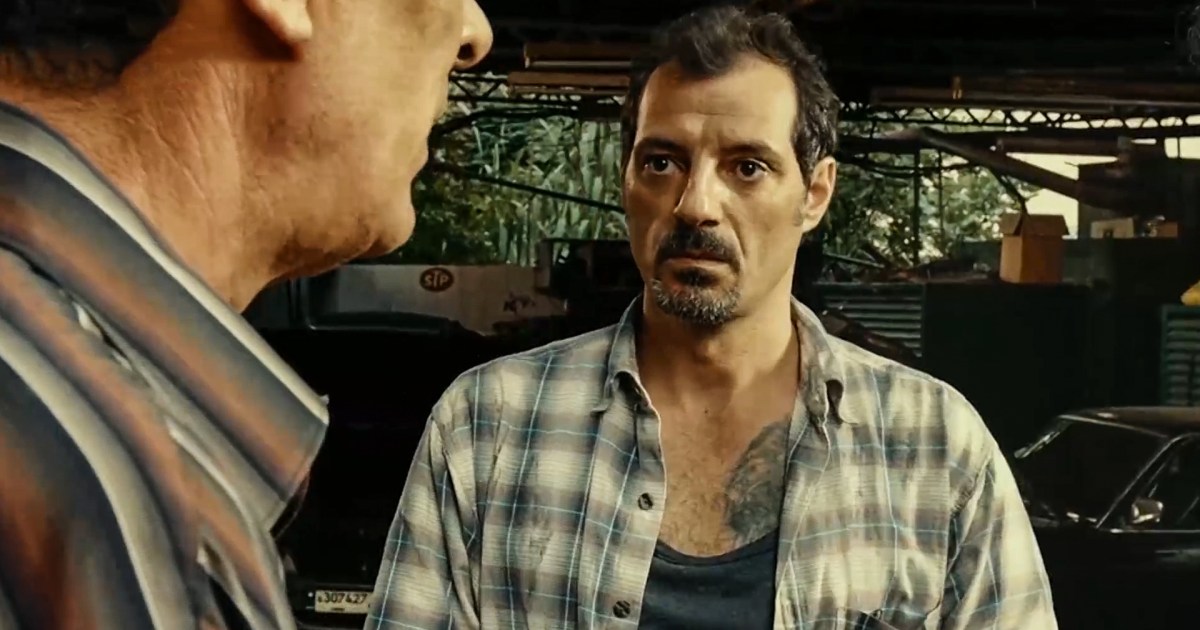A program outside the text discussed in the episode (20/9/2020) the film "Case No. 23" by its owner Douiri, which focused on the insult and the difficulty of apologizing or abandoning it, especially when it goes beyond the personal aspect, and turns into an insult to a people and history whose wounds have not yet healed.
Regarding the accusations, the director denied himself the accusations directed against him, considering that a malicious campaign targeted him to prevent his film from being shown and influencing it.
For his part, the commander of the Preventive Security in the Palestinian camps, Munir al-Miqdah, stressed that the occupation creates resistance, considering that there is no place for the weak in the new world order.
Power is necessary to impose its presence in this equation, and therefore it is not to be drawn around the racist discourses propagated by some parties and individuals.
And he considered that the Palestinian has no rights in a brother country (Lebanon), as he is forbidden to work with 73 jobs in it, and that Ain al-Hilweh camp (southern Lebanon) includes in a narrow space more than 80 thousand people, considering that this bitter reality - in and of itself - It is classified under racism.
Journalist Imad Musa considered that the forgiveness between the Lebanese and the Palestinians at the political level was done in the best way, considering that this page had been closed, but - in practice - the armed Palestinian forces are still present on Lebanese soil.
As for the writer Marwan Abdel-Al, he pointed out that the persistence of the culture of hatred and discord indicates that the volume of reconciliation was only formal, whether by apologies or the formation of new alliances, but what is firmly entrenched in the unconscious is the mentality of war that cannot be removed quickly.
Abdel-Al went that the film presents many issues in which the Palestinian appears in a nervous state, and also recovers the phenomenon of the catastrophe that caused that, as if he does not bear responsibility for whoever caused the catastrophe, but rather holds it to those who were a victim of it, who is considered a "misfortune to others."

